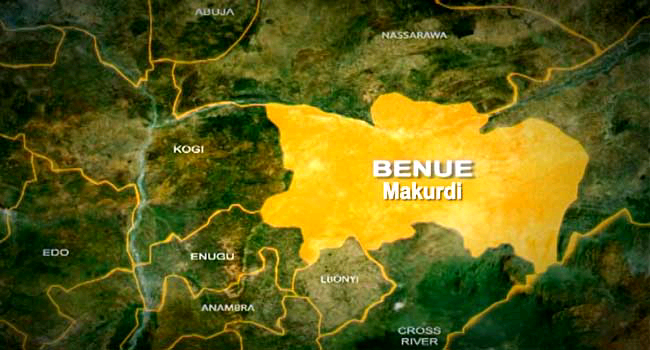Ohanaeze Youth Rejects JAMB Resit, Demands 300 Scores for South-East Candidates

The Ohanaeze Ndigbo Youth Council Worldwide has rejected the decision by the Joint Admissions and Matriculation Board (JAMB) to conduct a resit examination for candidates affected by technical glitches in the recently concluded 2025 Unified Tertiary Matriculation Examination (UTME).
Instead, the group is demanding that JAMB award an automatic score of 300 to all affected candidates from the South-East region.
JAMB had earlier announced plans to reschedule the UTME for approximately 379,997 candidates who experienced technical disruptions during the initial examination.
According to JAMB Registrar, Prof. Ishaq Oloyede, the glitches were most pronounced in the five South-East states and Lagos, leading to significantly low scores that raised widespread concerns.
In a press statement released on Wednesday, the Ohanaeze Youth Council criticized the resit plan as unjust and insensitive, arguing that the affected students should not be penalized for a failure that was entirely the fault of JAMB’s systems.
The group claimed that the psychological stress, financial strain, and logistical difficulties faced by the students due to the botched examination were already damaging enough.
“We categorically reject any attempt to make our children suffer twice for an error that was never theirs. Rather than a resit, JAMB should award all affected South-East candidates a minimum score of 300, which many would have earned under normal examination conditions,”the statement read.
Ohanaeze went further to allege that the technical glitches might have been a deliberate attempt to disenfranchise students from the South-East and suppress their chances of securing admission into tertiary institutions.
The group warned that failure to meet their demand could lead to legal action against JAMB.
Meanwhile, JAMB has begun sending notifications via SMS to the affected candidates, informing them of their new exam schedules. Prof. Oloyede has taken responsibility for the errors and issued a public apology, assuring candidates that the board is working to ensure fairness and transparency in the rescheduled tests.
The controversy has ignited broader debates about equity in Nigeria’s education system, with stakeholders urging JAMB and the Ministry of Education to address systemic issues that have repeatedly undermined the integrity of national examinations.
As the debate continues, affected students and their families are left in limbo, uncertain whether the resit will offer justice or deepen existing grievances.







